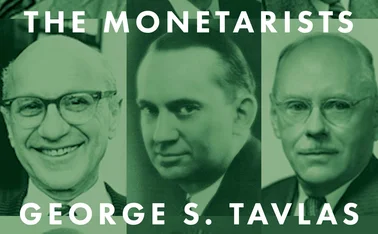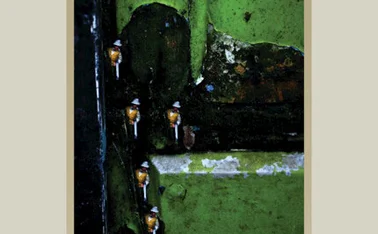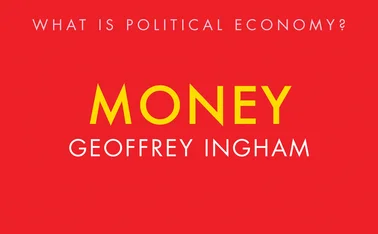Escaping the structural liquidity trap
Investment needs to be subsidised not taxed if developed countries want to avoid inflation and financial crises, writes Andrew Smithers

The economic performance of the US and other major developed economies in the 21st century has been poor, whether the comparison is made with the period of nearly 80 years that have passed since World War II or with the rest of the world over the past two decades. Having suffered the most severe post-war financial crisis in 2008, we now face a high risk of another one; output and incomes have stagnated and inflation has shot up. This abject failure has dangerously damaged liberal democracy
Only users who have a paid subscription or are part of a corporate subscription are able to print or copy content.
To access these options, along with all other subscription benefits, please contact info@centralbanking.com or view our subscription options here: www.centralbanking.com/subscriptions
You are currently unable to print this content. Please contact info@centralbanking.com to find out more.
You are currently unable to copy this content. Please contact info@centralbanking.com to find out more.
Copyright Infopro Digital Limited. All rights reserved.
As outlined in our terms and conditions, https://www.infopro-digital.com/terms-and-conditions/subscriptions/ (point 2.4), printing is limited to a single copy.
If you would like to purchase additional rights please email info@centralbanking.com
Copyright Infopro Digital Limited. All rights reserved.
You may share this content using our article tools. As outlined in our terms and conditions, https://www.infopro-digital.com/terms-and-conditions/subscriptions/ (clause 2.4), an Authorised User may only make one copy of the materials for their own personal use. You must also comply with the restrictions in clause 2.5.
If you would like to purchase additional rights please email info@centralbanking.com






